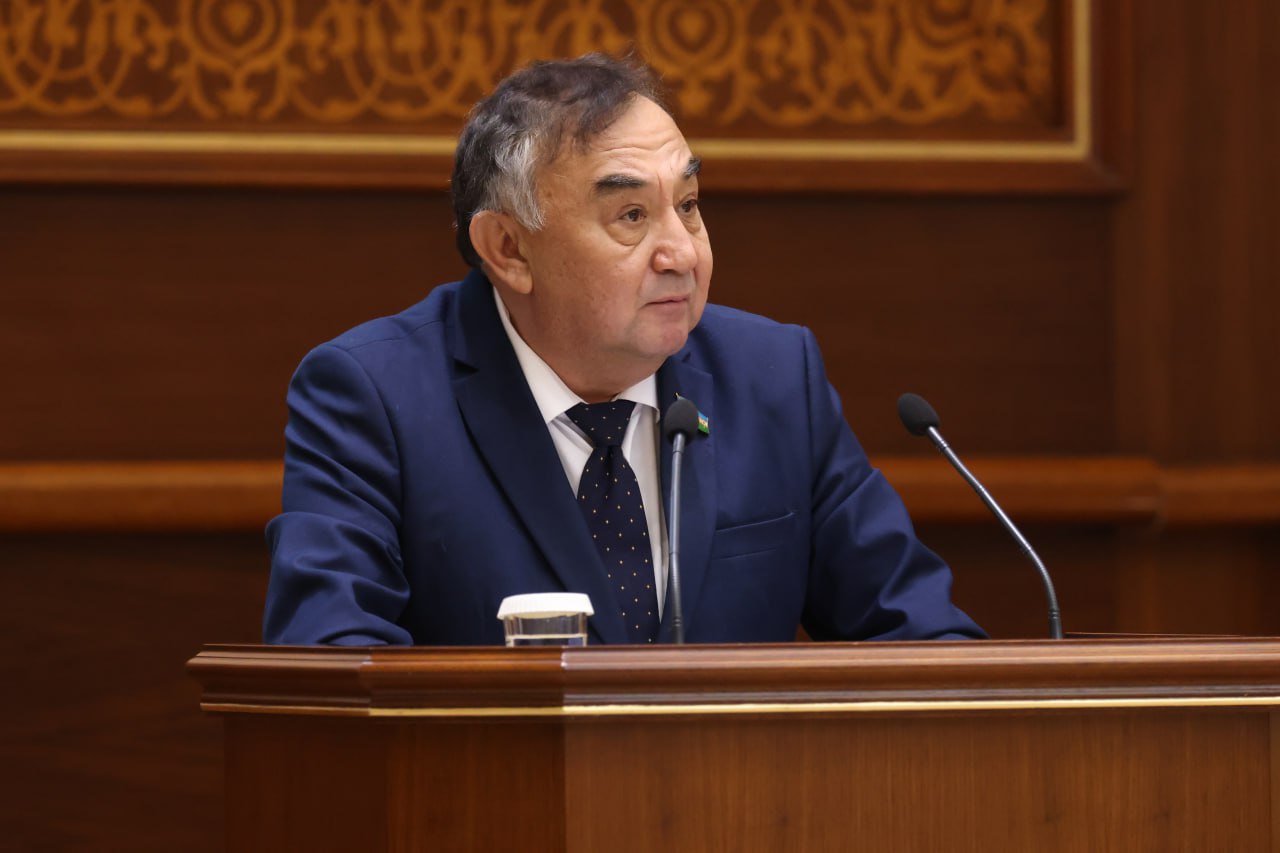At the 49th plenary session of Uzbekistan’s Senate, the law reagarding making additions and amendments to certain legal documents of the country in connection with the further development of the use of renewable energy sources was considered. This comes as part of the country’s consistent reforms implemented in recent years to ensure energy stability, introduce renewable energy sources and energy-saving technologies, and improve state support mechanisms for the sector, the Senate's press service reports.

Current State of Renewable Energy in Uzbekistan
Currently, renewable energy sources account for about 10% of the total volume of electricity production in the country. Uzbekistan is one of the world’s largest natural gas producers, annually producing around 60bn m³, of which 35-40bn m³ are supplied by the Uzbekneftegaz joint-stock company. The domestic gas consumption is approximately 39bn m³.
Future Goals
By 2030, Uzbekistan aims to supply the capacity of renewable energy sources to 27 GW and increase the total volume of electricity production to at least 40%. This ambitious goal allows saving 25bn m³ of natural gas and reducing harmful emissions to the atmosphere by 34mn tons.

Legal Amendments
To achieve these specified indicators, it is necessary to revise some norms in the current laws. The law regarding the use of renewable energy sources is being amended and supplemented with regard to the issuance and circulation of “green energy” certificates, state support for the use of renewable energy sources.
It is assumed that electricity generated using renewable energy sources with a capacity of 300 kW and above will be connected to the unified electric power system only after these sources are registered with a specially authorized state body.
Tax Code Amendment
The Law introduces an amendment to the Tax Code to exempt the income from the sale of “green energy” certificates of generation facilities based on the use of renewable energy sources from profit tax. This serves to widely introduce renewable energy sources in the social and housing and communal sectors, economic sectors, to eliminate the energy shortage in the republic’s territories by increasing energy efficiency, and to create favorable conditions for investors and to define incentive mechanisms.
Follow Daryo's official Instagram and Twitter pages to keep current on world news.
Comments (0)